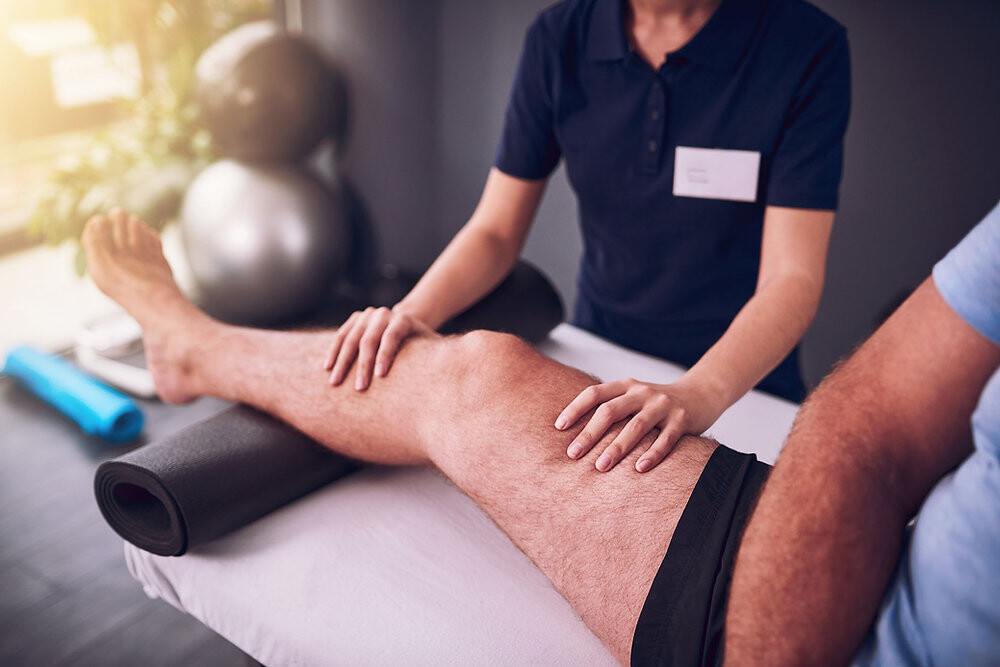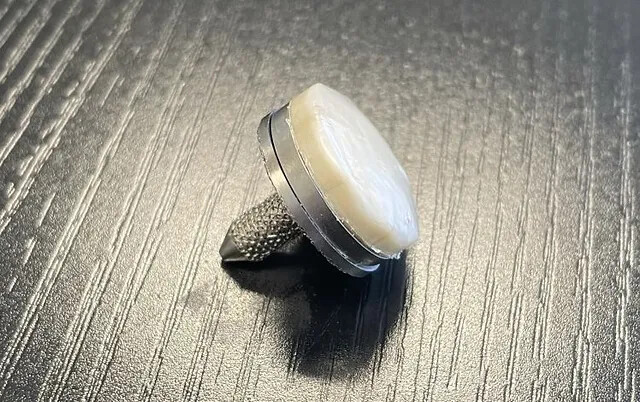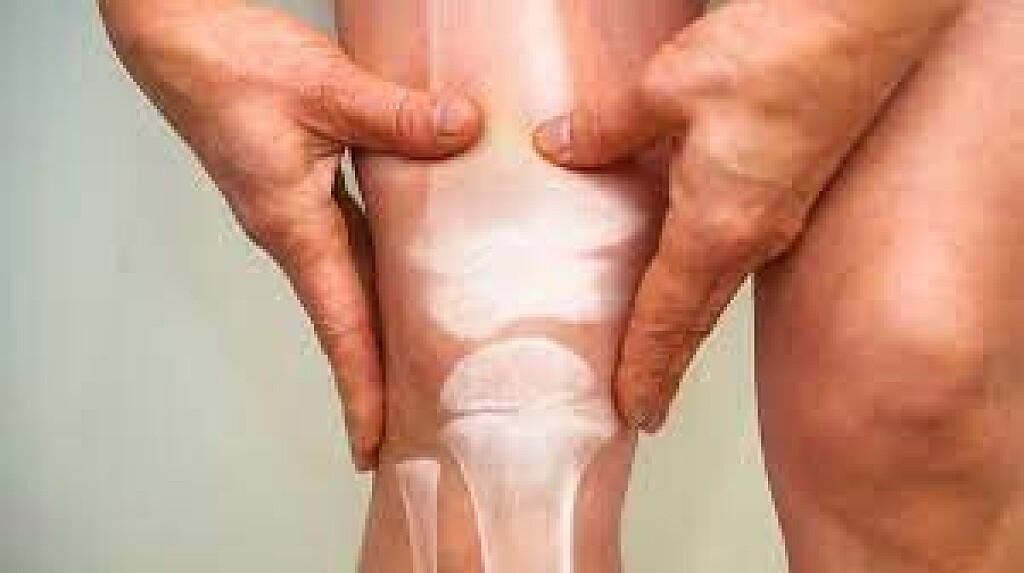Running News Daily
Running News Daily is edited by Bob Anderson. Send your news items to bob@mybestruns.com Advertising opportunities available. Train the Kenyan Way at KATA Kenya and Portugal owned and operated by Bob Anderson. Be sure to catch our movie A Long Run the movie KATA Running Camps and KATA Potato Farms - 31 now open in Kenya! https://kata.ke/
Index to Daily Posts · Sign Up For Updates · Run The World Feed
Groundbreaking artificial knee cartilage could help runners
Over-the-counter pain relievers, physical therapy, steroid injections — some people have tried it all and are still dealing with knee pain.
Often knee pain comes from the progressive wear and tear of cartilage known as osteoarthritis, which affects nearly one in six adults — 867 million people — worldwide. For those who want to avoid replacing the entire knee joint, there may soon be another option that could help patients get back on their feet fast, pain-free, and stay that way.

Writing in the journal Advanced Functional Materials, a Duke University-led team says they have created the first gel-based cartilage substitute that is even stronger and more durable than the real thing.
Mechanical testing reveals that the Duke team’s hydrogel — a material made of water-absorbing polymers — can be pressed and pulled with more force than natural cartilage, and is three times more resistant to wear and tear.

Implants made of the material are currently being developed by Sparta Biomedical and tested in sheep. Researchers are gearing up to begin clinical trials in humans next year.
“If everything goes according to plan, the clinical trial should start as soon as April 2023,” said Duke chemistry professor Benjamin Wiley, who led the research along with Duke mechanical engineering and materials science professor Ken Gall.
To make this material, the Duke team took thin sheets of cellulose fibers and infused them with a polymer called polyvinyl alcohol — a viscous goo consisting of stringy chains of repeating molecules — to form a gel.
by Colorado Runner
Login to leave a comment




